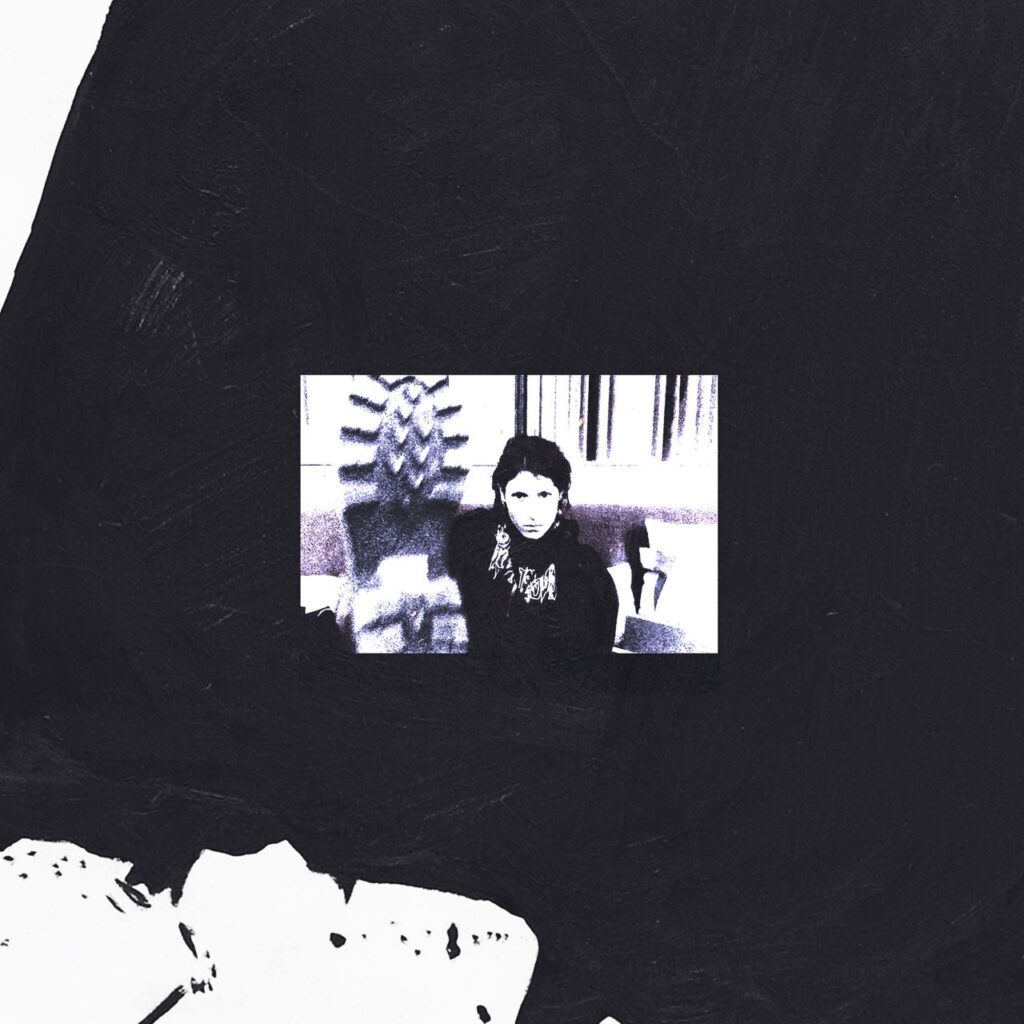For the past few years, Ella Williams has been relentless. The Massachusetts-born, Chicago-based songwriter released her debut album as Squirrel Flower in 2020 and then, after contracting COVID and recovering, recorded and released a follow-up in 2021. Last year, she gathered enough material for a self-produced EP. For a young musician—Williams is 27, and started recording music when she was 18—such a sustained level of output could be exhausting, in many senses of the word: It might lead to burnout, or empty the reserves of what she has to say. But on Williams’ new record, Tomorrow’s Fire, all that effort has only intensified her ambition. It’s a beautiful, searing record in which Williams channels listlessness and desperation into sweltering, explosive rock songs.
When she first began releasing music on Bandcamp, Williams winkingly tagged Squirrel Flower’s output, recorded when she was a student at Iowa’s Grinnell College, as “cornfield-folk,” “prairie-pop” and “post-Monsanto.” That early songwriting and her debut album, I Was Born Swimming, were promising if somewhat fragmentary folk-tinged indie-rock, and her music became bolder and more brooding on her sophomore record, Planet (i). But Williams’ true strengths have long been her fierce guitar skills and powerful, confident voice, and on Tomorrow’s Fire, she and producer Alex Farrar (known for his work with artists like Wednesday, Indigo De Souza, and Snail Mail) push both to the fore. The resulting album—made with a sharp studio band, including MJ Lenderman, storied Asheville collaborator Seth Kauffman, and members of Bon Iver and the War On Drugs—is compact and muscular; Williams refines her singular voice as a songwriter, bringing a focused, single-minded intensity to her songs without giving the impression that she’s ever repeating herself.
Throughout Tomorrow’s Fire, Williams combines graceful vocal harmonies and big, reverb-laden guitars in a way that makes her songs feel cavernous, as at the cathartic end of “Almost Pulled Away,” or on the fuzzy, blistering “Canyon.” “When a Plant Is Dying,” a slow-burning ode to perseverance under grueling conditions, features a full minute of guitar solos that burn bright with indignation and pent-up frustration. But Williams knows her way around a hook, too: “Intheskatepark” is buoyant and sunny, verging on indie pop, and “Alley Light” has a catchy heartland-rock sensibility. Tomorrow’s Fire’s opener is actually a reworking of one of Williams’ earliest songs. Here, what was originally spare and lonely becomes hypnotic and lush, washing Williams’ voice in a cascade of harmonies—a testament to her creativity in the studio and increasing command of her sound.
These songs feel ambitious but not unbridled—Williams’ vision has depth and purpose, and her lyrics tell of a willingness to confront the forces standing in her way. “You hate when I do that,” she cries in “Stick,” before fighting back: “But I hate when I change/So I won’t be changing.” “When a Plant Is Dying” and “Full Time Job” both tackle the exhaustions of working as an artist: “There must be more to life/Than being on time,” she sings on the former. On several songs, she resists domestic boredom with aplomb: “Never wanted to be someone’s wife/Give up my whole life,” she sings on “Full Time Job” as the band thrashes beneath her; on the aptly titled “i don’t use a trash can,” she warns, “I’m not gonna change my sheets/I’m not gonna clean the floor.”
The album’s title comes from a novel written by Williams’ great-grandfather, who named it after a line by the Medieval French poet Rutebeuf: “Tomorrow’s hopes provide my dinner/Tomorrow’s fire must warm tonight.” That aching tenacity is reflected across the record. In “What Kind of Dream Is This,” Williams sings longingly of the moment when “the night’s so dark it’s almost light again.” “When a Plant Is Dying” takes as its central metaphor the wind picking up fresh seeds released by moribund vegetation: Struggle or suffering, the song offers, can create the possibilities for new growth. The problems around and within us may be relentless, but Williams’ fire leaves her emboldened, rather than exhausted, by the process of pushing back against the things that seek to hem her in.
All products featured on Pitchfork are independently selected by our editors. However, when you buy something through our retail links, we may earn an affiliate commission.

